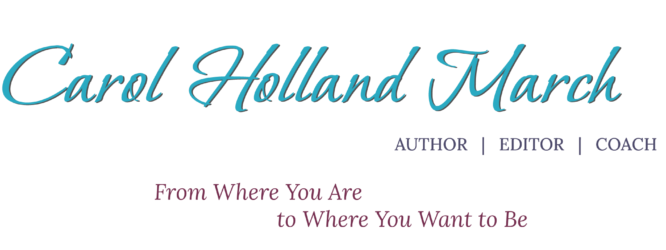 Changing our words will change our story. Changing our stories can change our lives.
Changing our words will change our story. Changing our stories can change our lives.
Our parents tell us stories about our family, heritage, and culture. Our culture tells us stories about what people like us can expect.
The words we use are not coincidental or arbitrary. We are taught to name, identify, and classify. Words are used to classify us. Eventually, we get the picture. We don’t need anyone to tell us we need to shape up. We know.
Have you ever looked at the words you use to describe yourself? Do you see yourself as smart, attractive, competent, scared, passive, helpful? Are you loyal? Independent? A team player?
Which words are more positive to you? More negative?
Words create our sense of who we are. A good girl. A strong boy. Such a smart student. So good with her hands.
Even something as seemingly objective as our physical appearance is shaped by beliefs.
You have big hips. He’s small for his age. Red haired people have hot tempers. You’re too fat/thin/freckled, pale. Your hair is too curly. Rich people have straight hair.
We describe ourselves, first, as others have described us. Judged as children, we take the words to heart. The judge takes up residence inside our minds, and from there rules us. Later in life, we wonder why we never feel good enough, smart enough, and capable of making our dreams real.
How we talk about ourselves has a lot to do with what we’re willing to try. I had a student who was bright, attractive, and a single parent receiving public assistance. The class was on how to find a job. Marie was a high school graduate and well qualified to work as a hotel receptionist, but when I told her about a position in a downtown hotel, she said, “Oh, no. I couldn’t apply for that.”
I asked why, and she said, “People like me don’t go there.”
The hotel was upscale in an urban area. She was qualified. The job did not pay well enough to attract applicants with college degrees. What stopped her was the story running in her head. She was poor, Hispanic, “second class.” If she had applied, she would have been seriously considered, but I couldn’t convince her to make the appointment. She felt more comfortable in the fast food job she took.
Now when I teach journaling, creativity, and writing for healing, I ask students to examine their beliefs, the tapes running in their heads that are stopping them from reaching out. It comes down to words. Change the words, change your life.
If you’d like to try it, look at your life as a timeline
1.Draw a straight line across a blank piece of paper.
_____________________________________________________________________________________________
2. Below the line, group your age anyway you like. By school grade, decades, whatever works for you.
3. Above the line write three words that best described you at that age.
Do this quickly. Do not mull. Your first responses are best.
When you finish, look at the words.
• Are the words from your younger years still true?
• Would you like to change any of them?
• Looking forward, what new words would you add to describe yourself?
• Write them in the future portion of the timeline.
Did you notice any patterns? Any changes with time?
If so, I’d love to hear your reactions in the comment box.


